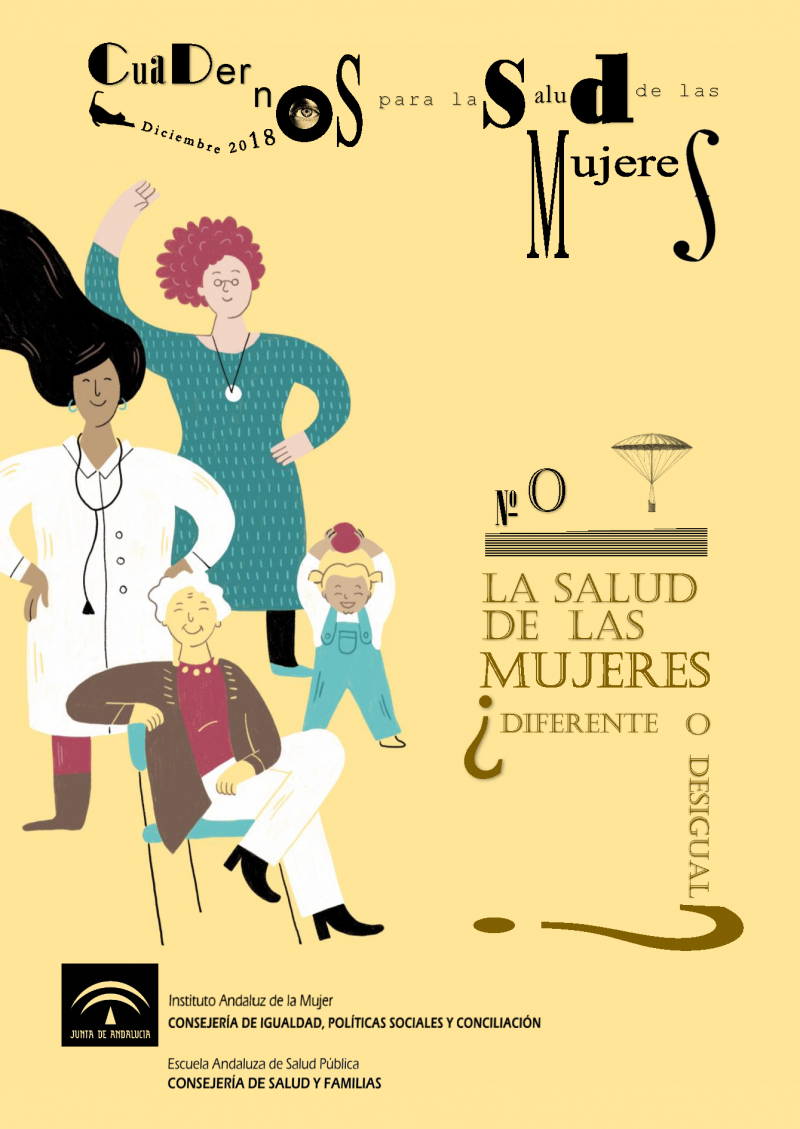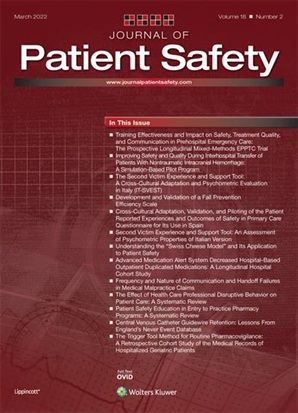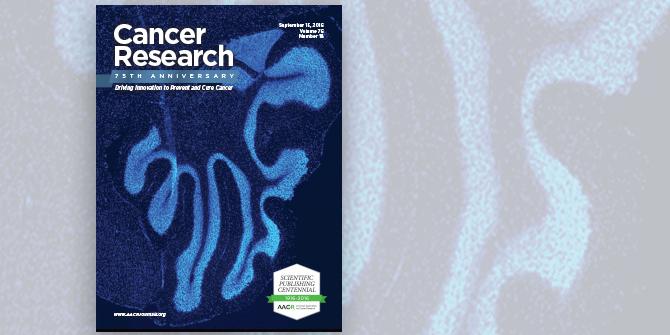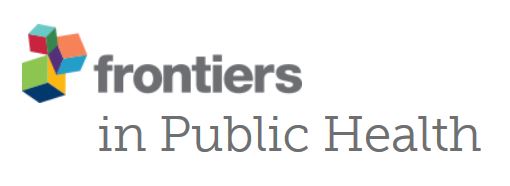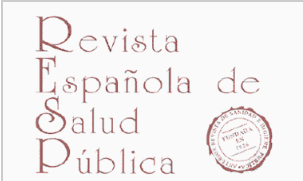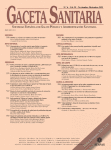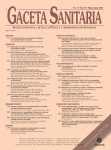Cuadernos para la Salud de las Mujeres
Cuaderno 8: Prostitución y trata con fines de explotación sexual La violencia contra las mujeres es una clara violación de los Derechos Humanos de mujeres y niñas en todo el mundo. Entre las múltiples violencias que sufren las mujeres y niñas, en este cuaderno queremos visibilizar la violencia contra los derechos sexuales, distintas formas de…



